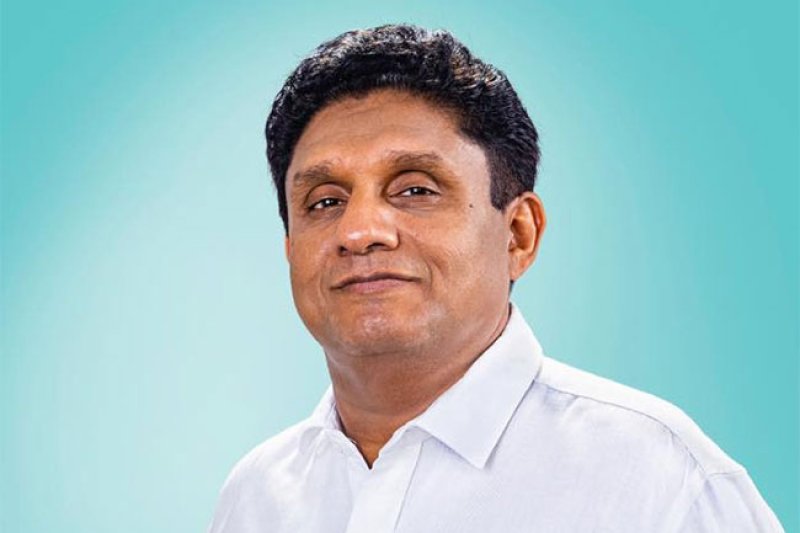
Sajith Warns of Economic Crisis if Strait of Hormuz Closes

In a statement issued Tuesday, Mr.Premadasa warned that any disruption to the free passage through the strait would have far-reaching implications for the global energy market, with developing economies like Sri Lanka particularly vulnerable to price shocks.
“The Strait of Hormuz is not just a regional waterway it is a global lifeline, Premadasa said. Around 20 to 30 percent of global oil supplies and over one-third of the world’s liquefied natural gas shipments pass through it. A blockade could cause an unprecedented spike in energy prices worldwide.”
Citing the recent Iranian legislative move to initiate steps for a possible closure of the strait in response to mounting geopolitical tensions, Premadasa urged the Sri Lankan government to proactively assess the country’s energy security and economic resilience.
“The government must immediately formulate contingency plans, including strategic fuel reserves and alternate sourcing strategies. We cannot afford to be caught unprepared,” he added.
Global analysts have also echoed similar warnings, stating that tensions in the Strait of Hormuz which connects the Persian Gulf with the Arabian Sea could trigger volatility in energy markets, inflationary pressures, and supply chain disruptions.
Sri Lanka, which relies heavily on imported fuel, is still recovering from its worst economic crisis in recent decades. A sharp rise in oil and gas prices could threaten its fragile recovery, worsen the balance of payments, and lead to renewed inflationary stress.
International diplomatic efforts are underway to de-escalate the situation, though no breakthrough has yet been reported. Meanwhile, energy stakeholders and maritime authorities are closely monitoring developments in the region.


